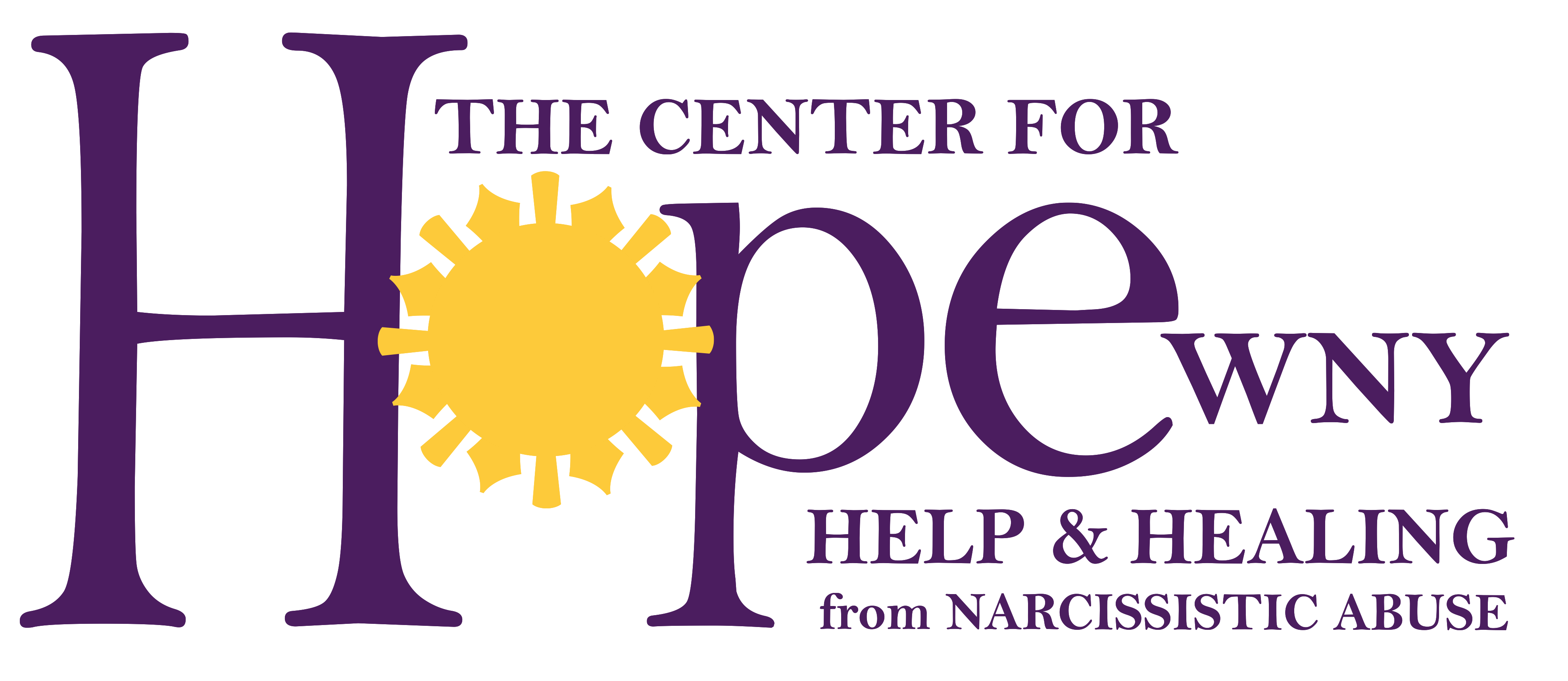- Hope, Help & Healing from Narcissistic Abuse
- 716.955.9658
- info@centerforhopewny.org

What is a Covert Narcissist?
Covert narcissism is less obvious and subtler than other forms of narcissism. It’s often referred to as shy or closet narcissism. The term “covert narcissism” isn’t even listed in the DSM-V (Diagnostic and Statistical Manual of Mental Disorders, 5th version) as is the traditional form of narcissism. This covert type of narcissism shares some characteristics with people who suffer from narcissistic personality disorderNarcissistic Personality Disorder (NPD) The hallmarks of narcissistic personality disorder (NPD) are grandiosity, a lack of empathy for other people, and More but has some slight differences. People who possess covert narcissism still feel superior to others, still need admiration, and still need to receive special treatment. They simply don’t display that outward grandiosity we’ve come to know and recognize in traditional narcissists.
Covert narcissists typically still like to receive recognition, they like to be acknowledged for their work and their skills, but they behave in passive-aggressive ways. The most on-brand behavior that all covert narcissists share is their passive-aggressive behavior. According to the Mayo Clinic, passive-aggressive behavior is defined as “a pattern of indirectly expressing negative feelings instead of openly addressing them. There’s a disconnect between what a passive-aggressive person says and what he or she does.” These individuals need to manipulate situations, so they emerge as the helper, the savior, the one who solves the problem and saves the day.
According to clinical psychologist, Dr. Ramani Durvasula, covert narcissists feel like victimized, vulnerable, less skilled narcissists. “They have a lot of contempt, contempt for why they’re being held to the same standards as everyone else.” Like traditional narcissists, their behavior is a manifestation of their deep insecurities.
Things Covert Narcissists Say
“Don’t get upset over nothing. I had no idea this would hurt you. You’re lucky I’m so kind and patient with you.”
“Must be nice that your daddy paid for your tuition. If someone did all of that for me, I would be making millions of dollars.”
“I am too smart for this place. I can’t believe I have to be slumming like this.”
“Being in a relationship just leaves you open to manipulation. I’m glad I am single.”
“I know I deserve all good things, and I am going to manifest it. Even though everybody is out to stop me, I will show them.”
“Nobody appreciates me. I do so much for everyone, and when it’s my turn, everybody lets me down.”
“I deserve a lot because I haven’t gotten my share in the past.”
“No one has suffered as much as I have.”
“I could have been one of the great ones, but nobody ever had my back.”
How to Protect Yourself
I wrote about this in my book “Wrecking Ball Relationships: How to Identify, Live With or Leave the Narcissist in Your Life.”
After interviewing Kim, Ramona, and Sonia, I suspect there are many more covert narcissists woven into the fabric of our families than we first believed. What should you do when you encounter this type of person? The coping techniques are like dealing with traditional narcissists as discussed in other chapters. It’s advisable to:
Speak with others. Corroborate your opinions and discuss what you’ve experienced with other people who’ve witnessed the narcissist’s behavior. This is also a great opportunity to get support from your network.
Get familiar with Narcissism (Chapter 2) – both the signs and by reading the stories of others. You may find great comfort in other people’s similar experiences and discover you’re not alone.
It’s important to set boundariesBoundaries are an imaginary line that separates me from you. They separate your physical space, your More and expectations. You must understand narcissists don’t change. Instead, change your perspective and your approach to maintain a relationship with this person. When you expect less, you’ll either get it or you may be pleasantly surprised. The more you establish boundariesBoundaries are an imaginary line that separates me from you. They separate your physical space, your More, the more a narcissist will push back and get upset. When you set boundariesBoundaries are an imaginary line that separates me from you. They separate your physical space, your More, you send a clear message: they are no longer in control.
As a last resort, you may have to walk away and end the relationship. Your peace of mind is priceless.
If you’ve suffered narcissistic abuseNarcissistic Abuse is a form of emotional abuse projected by a narcissist on to another individual, Although narcissistic abuse More, you need to pay attention. If you do nothing, if you don’t address this trauma, it will bleed into every aspect of your life affecting how you show up for everything. The trauma takes a toll on your mental, emotional, and physical health. I know at the worst points in my relationship with my father, I had terrible insomnia, gastrointestinal problems, skin reactions, and more. This is why it’s so critical to talk to someone. But not just anyone. You need to find someone who’s familiar with narcissistic personality disorderNarcissistic Personality Disorder (NPD) The hallmarks of narcissistic personality disorder (NPD) are grandiosity, a lack of empathy for other people, and More. You see, I didn’t get here by accident. I didn’t set out to become a narcissistic abuse recovery coach. But after I’d suffered this kind of abuse, I realized that my story and my experience could help so many people who’ve suffered similarly. When someone tells me about their struggles and their story, I’m not just understanding. I really get it. I’ve been there. I’ve felt those same emotions, that same rage, and loss.
I can help you.
Don’t suffer in silence from narcissistic abuseNarcissistic Abuse is a form of emotional abuse projected by a narcissist on to another individual, Although narcissistic abuse More, let’s talk. Click here to book a free session with me. Don’t wait another day.
You can find my book “Wrecking Ball Relationships” on Amazon and BarnesandNoble.com.



